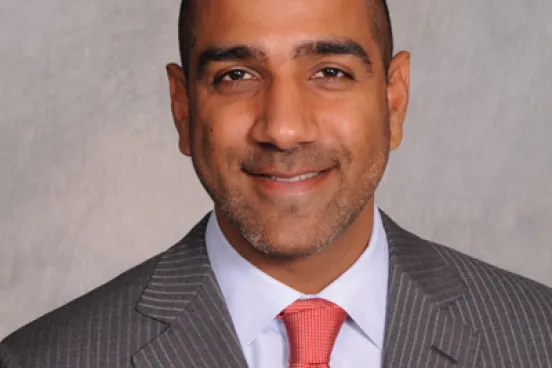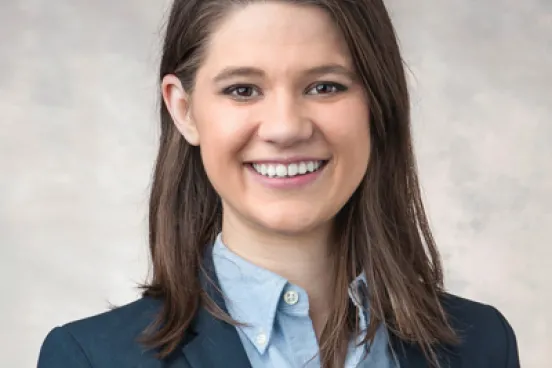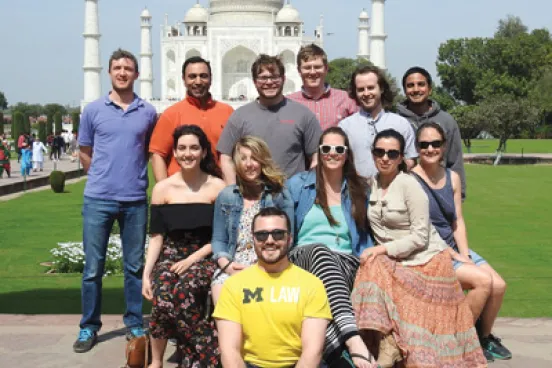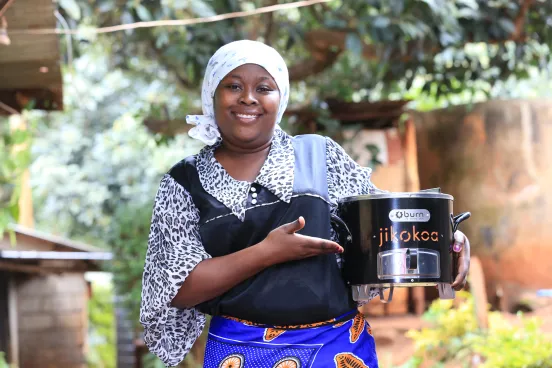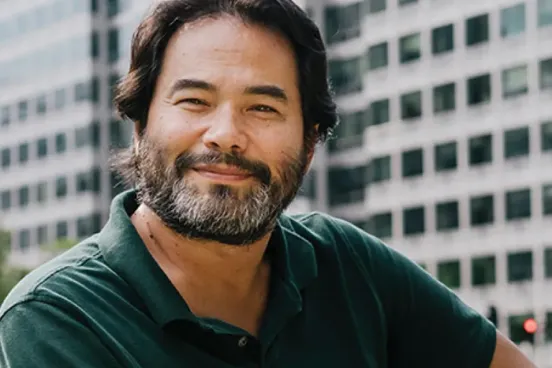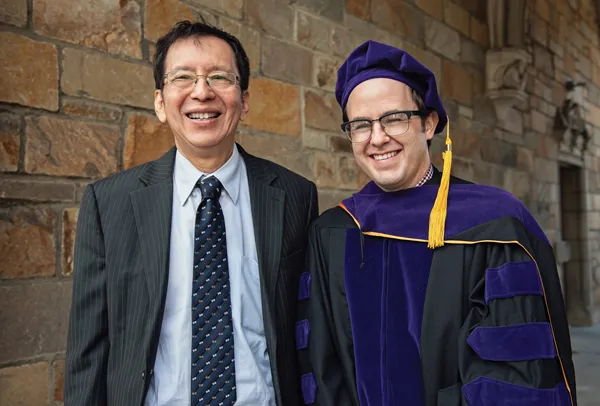
Most students make sacrifices to attend Michigan Law, but the biggest price Myint Zan paid came after graduation.
Zan grew up in Mandalay, Burma, and earned a BA (Law) and LLB from Rangoon Arts and Science University, Burma’s only law school. During his LLM studies in Ann Arbor, the Burmese government invalidated his passport because he had not received the proper permissions to study in the United States.
So, while his classmates advanced their legal careers post-graduation, Zan was—for all intents and purposes—a stateless man. He worked factory jobs and washed dishes in Los Angeles even though he had scholarship offers from three PhD programs in Australia, which he was unable to accept given his stateless status. He eventually shouldered the risk of leaving the United States and returning to Burma in order to see his dying father—and was arrested without trial and jailed without charge less than three months after his father died.
When the Special Branch arrested Zan, his mother said to him, her voice choking, “We had to let go of your father, who was a very good and noble man. Nothing could be worse than that.”
That perspective sustained Zan over the next 10 months, which he spent in the notorious Insein Prison in Yangon (Rangoon), pictured middle and bottom left. As a political prisoner with “incommunicado” status, he had no contact with the outside world. His mother didn’t even know if he was alive.
For seven of those months he was in solitary confinement. Not knowing how long he would be held, Zan only took two books with him when he was arrested—one, The Young Buddhist (written in English), was confiscated at the entrance to the jail; a Burmese-language book was permitted.
At times a kindly fellow prisoner—a grandson of U Ne Win who was tried, convicted, and jailed on a drug offense but could roam the compound—gave Zan other books, including an English translation of the Bible. But those, too, were confiscated by prison officials during routine cell checks.
“When I got bored, I tried to list as many American universities as I could think of, or as many Burmese kings and American presidents. I made a game of making lists.”
After a prisoner in another cell was caught hiding iron nails, Zan and two other prisoners who also had been in solitary confinement were moved together as “collective punishment” into a tiny room with no water for bathing and three bowls for toilets, which they had to empty into a larger tank outside of the cell each day.
“We nicknamed it the Shit Room,” he says, “and when some of my neighboring cell mates saw me walking from the cell to empty the bowl, they would joke that I had returned from America.”
Zan says he recalls seeing a note in charcoal on a cell wall (in Burmese) that read, “Friend: You will be released”—probably written by a former prisoner. It gave him hope. On January 10, 1986, a prison warden said, “Myint Zan, get up. We will read The Young Buddhist.” (Zan had been clamoring for the book to be returned to him.) But it was not time for reading; instead, abruptly, he was released. “The night that I was arrested, I couldn’t sleep; the night I was released, it was the same,” says Zan.
Zan’s ordeal soured him on the judicial system. He never practiced law and instead spent more than 25 years teaching at nine universities in five countries outside of Burma, including a visiting professorship at West Virginia University College of Law. He also has published widely in academic journals on topics in international, comparative, and human rights law; and Burmese law and legal history. He lives in Yangon.
In spite of it all, Zan recalls his time in Ann Arbor fondly and appreciates the education he received. He says he is especially grateful for the late Professor Bill Bishop’s teaching and support. To pay it forward and help future generations of Michigan Law LLMs, last fall Zan made a gift to Michigan Law that he arranged during his 35th Reunion.
The gift establishes the Myint Zan LLM Fund, which will support a fellowship for LLM students, mainly those from Southeast Asia. The fund also will award a prize to a high-achieving LLM student who has taken at least one course in international law, human rights law, comparative law, Southeast Asian law, legal philosophy, or related courses.
Zan hopes the winners “will have shown interdisciplinary interests relating to law, and displayed a commitment to social justice and a sense of empathy with the plights of disadvantaged members of society.” The inaugural recipient of the prize is Ciaron Murnane, LLM ‘18, who has worked with refugee programs in Thailand and his native New Zealand, and volunteered in Nepal. Zan and Murnane, pictured top left, met at Senior Day in May.
“I am proud to be the first and so far only Burmese to have graduated with an LLM degree from Michigan,” says Zan. “I have struggled with whether or not all I went through was worth it, but that in no way is a reflection on Michigan. I value my education very much.”
Zan’s parents instilled in him the importance of global education. His father, Dr. San Baw, earned a master’s degree from the University of Pennsylvania’s medical school in 1958 and became a renowned orthopedic surgeon who pioneered the use of ivory hip prostheses in Burma.
Zan’s mother, Dr. Daw Myint Myint Khin, did a medical residency for a year at the University of Pennsylvania and then was a Fellow of the Royal College of Physicians in Edinburgh. She became a professor of medicine who later consulted for the World Health Organization.
Following in his parents’ medical footsteps didn’t suit Zan’s aptitude or his test scores, however. He was fascinated by the study of law but says he was “sickened” by the People’s Judicial System enacted by U Ne Win’s regime, in which the judges were regime appointees, and almost all had no law degrees or legal experience.
Zan left for Australia and earned a master of international law from The Australian National University before attending Michigan. In 2007, he received a PhD by publication from Griffith University in Australia.
“For a kid from Mandalay to get admitted to and be awarded a scholarship from Michigan Law School, that’s really something,” says Zan. But in one important way, he hopes no future students from Burma—or anywhere else—ever follow in his footsteps.
“I suspect that I am the only person who went to jail directly as a result of having the privilege to study at Michigan Law School. I hope future winners of the Myint Zan LLM Fellowship do not experience situations like mine.”—AS



